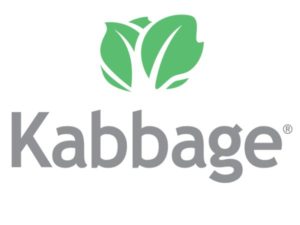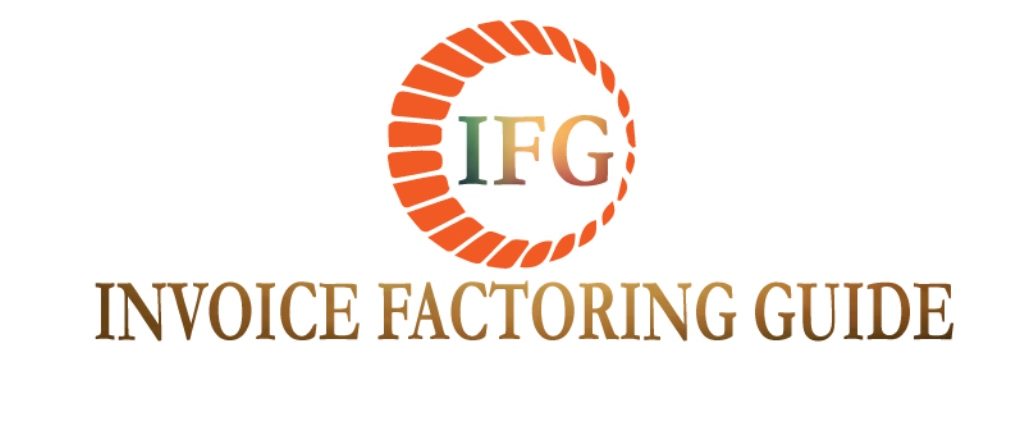Kabbage reviews
Pros
- Easy, no-obligation application process
- Relatively lax minimum lending requirements.
- Innovative, ‘customer links’ available for new invoices.
- Very low minimums on 6-month loans ($500).
- Despite being a fintech, business customers can apply on the phone.
Cons
- Since loans are made by one bank, there’s concentration risk if it has financial troubles.
- Unclear pre-payment policy-important for higher rate, 6-month loans.
- Relatively new company; unclear how they’ll fare amidst a credit contraction.
Kabbage Reviews
See above info for Kabbage Reviews. If you are a current or former Kabbage customer, we’d like to hear from you. How was your experience? Are you a repeat user?
Kabbage is a financial technology (fintech) company with headquarters in Atlanta, Georgia. Since their founding in 2011, the company reportedly has provided funding for over 140,000 businesses with total funding in excess of $4.5 billion. Such loans have provided much needed net working capital to businesses nationwide.
Their tagline is ‘small business funding for the real world’. As such, Kabbage provides financing designed to improve the cash flow conditions of businesses. These include business loans and lines of credit.
Keep in mind-the company is not a direct lender. All Kabbage business loans are provided by Celtic Bank, a Utah Chartered Industrial Bank that is FDIC insured.* The loans are structured as either 6-month or 12- month installment loans, each with their own loan agreement and monthly fees. Minimum requirements to obtain a loan are quite forgiving, just $50,000 in annual revenues and been in operation for at least one year.
When a business visits Kabbage they can fill out a single application and gain preliminary approval for business loans, subject to final credit approval. This can be done through their website, app, or over the phone. They advertise funding as quickly as same day. Fast business loans are clearly a priority at Kabbage.
The Kabbage reviews we found were overwhelmingly positive, although there were a handful of unhappy customers. But these bad reviews were definitely the minority.
One thing we uncovered that needs more clarification is the prepayment policy. We read a few places how there was no penalty for prepayment but we found one footnote on their site that indicated prepayment penalties were waved for 6, 12 and 18 month term loans originated prior to June 30, 2018. So, we’re not sure if there are other products that currently have no prepayment policy or that benefit is over.
Kabbage Loans Reviews Update
(October 6, 2019) Last month, Kabbage execs raised approximately $11 million for a new startup, Drum. The venture addresses the funding needs of contract workers and freelancers, a fast-growing segment of the U.S. workforce. Many experience cash flow shortages waiting for clients to make good on outstanding invoices (some turning to freelance factoring).
But Drum operates a little differently, providing a marketplace for SMBs to source marketing and biz dev talent, leading to more efficient top-line growth for users. Startups are often reluctant to put new salespeople on the payroll so this service is clearly for fast-growing entities (who will surely have other needs down the line).
The venture was created by Kabbage CEO Rob Froheim, COO Kathryn Petralia and Troy Deus, who most recently headed sandbox Kabbage Labs. And the funding was from a variety of investors including Amex Ventures, Box Group and SV Angel.1
While the venture is technically separate from Kabbage, it could provide a nice backdoor into financing the so-called gig economy. It’s unclear exactly how the venture might complement Kabbage’s larger mission but it’s an exciting potential opportunity for freelancers and temporary/contract workers.
We had previously viewed Fundbox as our favorite lender for freelancers but may have to reassess. We won’t make any scoring changes at this time but we’ll be keeping a close eye on Kabbage moving forward.
How is Kabbage Different from Other Factoring Companies?
Kabbage is not an invoice factoring company per se, but they can accomplish similar goals as a factor. Their financial innovation allows them to offer a service that can mitigate the cash flow shortages B2B entities with resulting from late-paying customers.
Kabbage offers a pretty ingenious way to reduce the amount of time you’ll wait on payment from outstanding invoices. Once your small business partners with Kabbage, they will generate a customized link which you can place upon an outgoing invoice. When your customer receives the invoice, they can access a loan from Kabbage to pay YOUR invoice and other working capital uses. They have access to up to $250,000 (subject to a credit check by Kabbage), also with a single monthly payment schedule. The bottom line is that you get paid faster, allowing you to focus on running your business.
This could be an extremely valuable resource if credit conditions tighten and your customer (the account debtor) is having financial issues themselves. This can also reduce the factoring fees you may be charged while improving your cash flow as well. It also removes some of the stigma associated with factoring invoices and puts the pressure on your customer for prompt payments. It’s a win-win situation.
Many small businesses that come to Kabbage for working capital loans have poor credit or no credit. A similar business customer approaches the factoring industry. Bad credit business loans often come with high interest rates, fees and personal guarantees from the business owner. But B2B operations can still factor outstanding invoices for funding, without incurring costly debt.
Other online enders like Kabbage include Lendio, Bluevine, Ondeck Capital and Fundbox (see Lendio reviews, Bluevine reviews, Ondeck reviews and Fundbox reviews).
Kabbage Pros and Cons
In addition to the Kabbage reviews above, we reiterate their key pros and cons:
Main Pros:
· Easy, no-obligation application process
· Relatively lax minimum lending requirements.
· Innovative, ‘customer links’ available for new invoices.
· Very low minimums on 6-month loans ($500).
· Despite being a fintech, business customers can apply on the phone.
Main Cons
· Since loans are made by one bank, there is risk if that bank has financial troubles.
· Unclear pre-payment policy-important for higher rate, 6-month loans.
· Relatively new company; unclear how they’ll fare amidst a credit contraction.
For more information on Kabbage:
Who Uses Kabbage?
Where does their funding come from?
Do they offer specialty financing options?

